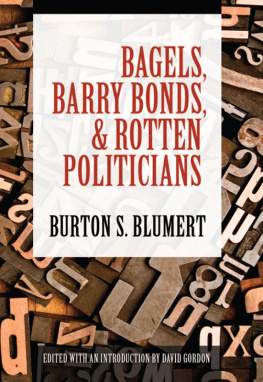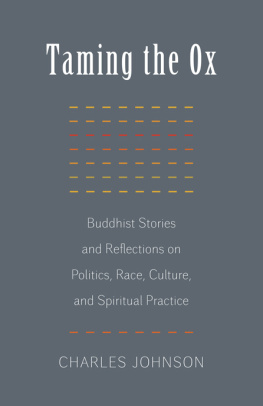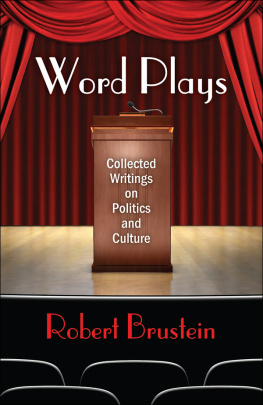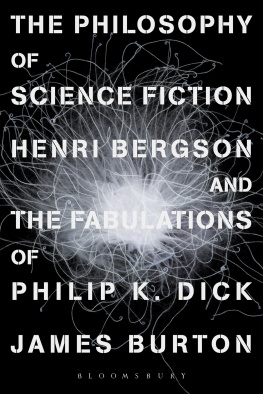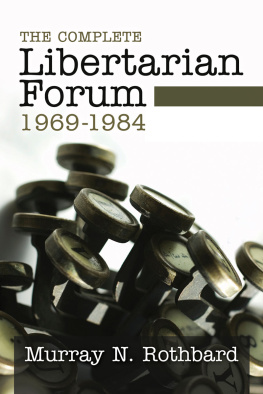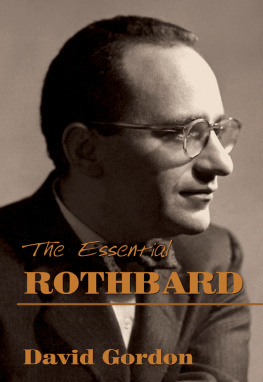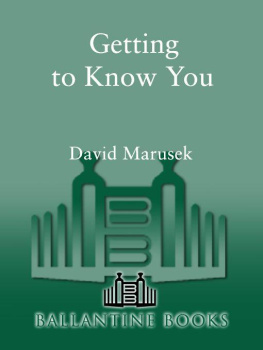BAGELS, BARRY BONDS,
AND ROTTEN POLITICIANS
BAGELS, BARRY BONDS,
AND ROTTEN POLITICIANS
BURTON S. BLUMERT
EDITED WITH AN INTRODUCTION BY
DAVID GORDON
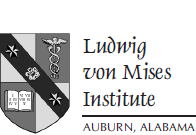

All rights reserved. Printed in the United States of America.
No part of this book may be reproduced in any manner whatsoever without written permission except in the case of reprints in the context of reviews. For information write the Ludwig von Mises Institute, 518 West Magnolia Avenue, Auburn, Alabama 36832. www.mises.org
Copyright 2008 Ludwig von Mises Institute
ISBN: 978-1-933550-30-5
TABLE OF CONTENTS
FOREWORD
S ince the hyper-statist Progressive Era especially, American intellectuals have tended to disrespect and even hate business people. Instead of troubling themselves to learn about the real world of commerce, and the entrepreneurs who are responsible for the material well-being of the world, intellectuals have tended to promote everything evil, from Communism to perpetual neocon wars. Business people in turn have rightly suspected that anything smacking of scholarship might pose a mortal threat. But this split is not inevitable. As Murray N. Rothbard noted, it was Ludwig von Mises who saw that the free society had no future without an alliance between capitalist intellectuals and the farseeing business leaders who could make their work possible.
Burton S. Blumert is an example of what Mises and Rothbard hoped for, an entrepreneur dedicated to the intellectual cause of freedom and free enterprise. That cause started to become clear for Burt when he enlisted in the Air Force to avoid being drafted into Trumans slave army during his war on North Korea. As a member of a socialist organization, Burt saw that a society organized in that fashion would be catastrophic for humanity.
After the war and NYU, Burt began his private-sector experience, and learned that this sector is the one and only key to social progress. It was also in this period that Burt was exposed to the writings of Ayn Rand, Mises, and Rothbard. In fact, he knew Mises, and was later Murrays closest friend.
After managing a chain of millinery shops in the Southhe has loved the region ever since for its manners and traditionsBurt was transferred to California, and then entered the coin and precious metals business, eventually establishing the Camino Coin Company and running it for almost fifty years. Burt always felt blessed to be dealing in collector coins, a hobby he had enjoyed his whole life. Camino, while always important, was central to monetary affairs in the 1960s and 1970s, decades of dramatic changes in the precious metals market.
The US had abandoned the domestic gold standard and then the coinage of silver. Ever since FDR, it had been illegal for Americans to own gold. That finally changed, and people needed a reliable business to make that ownership real. Camino became the most respected name in the industry. Burts buy-sell spreads consistently beat the competition, his attention to the consumer was famoushis long-term customers became his friendsand he fought against unethical practices, as recognized by various industry groups. Burt was also a Silicon Valley pioneer: in 1970, he founded the first computerized price and news network that knit together dealers all over country, and made the coin market more efficient. Xerox recognized Burts entrepreneurial achievement when it bought the network.
As a collector, Burt would use real examples of hard money and depreciated paper money for the most engaging lessons in monetary history and theory Ive ever heard. He especially enjoyed teaching young people about inflation, and the direct connection between monetary deprecation and tyranny. Among his tools were zero-filled Yugoslavian notes, and paper currency printed and used in Nazi concentration camps.
Burt helped Murray Rothbard found the Center for Libertarian Studies in 1976, later becoming its president. In this role, he was publisher of the Journal of Libertarian Studies and the Austrian Economics Newsletter, and the benefactormaterially and in friendshipto many libertarian intellectuals. His offices were a kind of home base for thinkers in the movement. He also became the chairman of the Mises Institute, succeeding Margit von Mises, and then the publisher of the Rothbard-Rockwell Report and its successor, LewRockwell.com, where these funny and profound essays first appeared.
Burt Blumert has been charitable, far-seeing, and steadfast in his role as Misesian-Rothbardian entrepreneur. As a man, he is funny, charming, decent, and generous. As a writer, as you will see from this book, he is a talented satirist who can teach the truths of liberty and life while making you laugh out loud. Most of all, he has shown how the Mises-Rothbard dream of drawing together commerce and ideas can be achieved.
LLEWELLYN H. ROCKWELL, JR.
AUGUST 18, 2008
PREFACE
A nna Marie Robertson, Grandma Moses, lived 101 years and was recognized as one of Americas great Folk artists in the twentieth century. Her work continues to be exhibited in fine galleries throughout Europe and the US.
Amazingly, she had never painted a stroke until her early 70s!
Well, move over Grandma. Here comes Blumert.
In my first seventy years I had written letters, a handful of articles for trade publications, and my share of angry missives to the Editorial Page. I had composed subscription pleas for the old Rothbard-Rockwell Report (RRR) newsletter and proudly produced fund raisers for LewRockwell.com (LRC).
All good stuff, I must admit, but not exactly creative writing.
And then a fateful day. I was complaining bitterly to Lew Rockwell how shabbily the media was dealing with Pat Buchanan.
Theyre playing the ant-Semitism card against poor Pat and it makes me mad AS hell.
Lews response was typically terse.
Write it up, he grumbled.
On November 1st, 1999, my first article appeared on LRC, followed by more than a hundred others, many included in these pages. Ill not earn any literary awards, blue ribbons, or Pulitzer prizes, but that doesnt mean a twit. Its the rush you experience when editor Rockwell advises that your submission meets his demanding standards, and that youve made the LRC page.
Look, we all know that Lew Rockwell stands alone as a libertarian thinker and writer. His prose is crisp, clear, and he never wavers on principle. A wag once wryly observed that Murray N. Rothbard would never win a Noble Prize in economics because he wrote too clearly. Lew shares that precision with Murray, his great mentor.
But, I have news for you; writing is just another skill for Lew. He is the most exacting and creative editor on the Internet and is proficient in every phase of that craft. Ive watched him cast his editing magic since 1990 at the old RRR and now at LRC, but what amazes most is Lews impact on his writers.
Keep in mind that most LRC authors are amateurs who earn their livelihood in other venues. (I should add that Lew pays his writers nothing, zero, bupkis.) Sure, they glow when receiving friendly e-mails from appreciative readers, but winning approval from editor Rockwell is their true reward.
Gee, Blumert, a pal observed, you see things through a warped lens.
Listen, Buster, I replied. The only thing funny about you was when you came home from school to find that your parents had changed the lock on the front door.

